Nintendo GameCube: Limited But Functional
One company that's been a big name in video games for years is Nintendo. In many ways Nintendo revived interest in video game systems that can be hooked up to televisions (as opposed to video games played on home computers). It put out a number of good systems in the late eighties and throughout the nineties.
The Nintendo GameCube is the current iteration of this long line of video game platforms, but unfortunately it doesn't really measure up compared to other modern video game platforms like the new Sony PlayStation 3, and Microsoft's Xbox 360. For example the GameCube has a processor with a speed of 485 Megahertz while the PlayStation 3 has a central processor with a clock speed of 3.2 Gigahertz which controls eight other processors, and the Xbox 360 has three processors running at 3.2 Gigahertz each! The differences in memory are just as large with the GameCube having a system memory of 40 Megabytes, while the Xbox 360 has 512 Megabytes of RAM. One thing that might offset the GameCubes slow processor and small memory to some extent is the fact that the processor itself is a 128 bit unit.
The GameCube also lacks a hard drive which both the PlayStation 3 and the Xbox 360 feature. While apparent deficiencies in hardware can be made up for to some extent by the unique hardware architectures and software, the lack of a hard drive put the GameCube at a stark disadvantage because of the way being able to store various data allows the user of a video game platform to customize the video gaming experience. For example the Xbox 360 allows users to create their own sound tracks to go along with games and then store that music on the hard drive. Apparently with the GameCube, there isn't that option, so the user is stuck with whatever sound comes with the software.
The GameCube does have a decent amount of networking capability. Besides the ability to support four players on a single unit, the GamCube has an optional 56 Kbps modem adapter and a separate broadband adapter. The broadband adapter allows for playing over DSL and cable modems, with Local Area Network play an option on some game titles. It also has parallel and serial ports as well as two Digicard ports and one Type III PCMCIA expansion slot.
Another thing that puts the GameCube at a huge disadvantage when compared to the PS3 and the Xbox 360 is the fact that it's disk drive is designed for Nintendo's proprietary eight centimeter mini DVD. Each mini DVD only holds 1.5 Gigabytes of data which is severely limited compared to the Blu-ray drive that comes on the PS3 which can access discs holding 54 Gigabytes and the Xbox 360's optional HD-DVD drive which can access discs holding 30 Gigabytes worth of data.
The fact that the disk drive only takes the eight centimeter discs also means that the GameCube 360 is not a multifunctional platform the way the other systems are. The inability of this platform to play CD's DVD's and other media limits it to the realm of strictly being a video game platform while the PS3 and Xbox 360 are also CD and DVD players.
In all, while the Nintendo GameCube can't really compete with the other video gaming platforms on the market today, it seems to serve well as strictly a video gaming device.


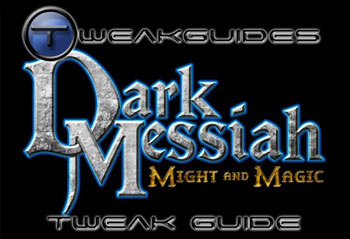
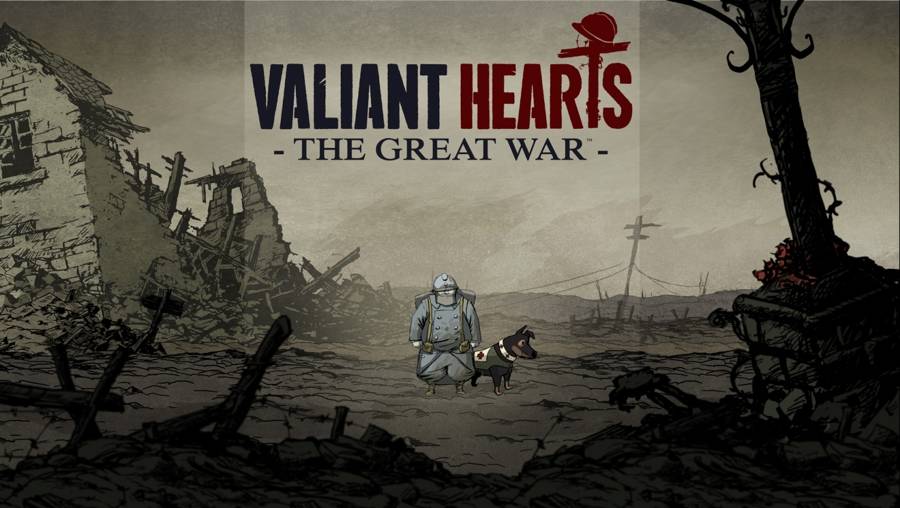
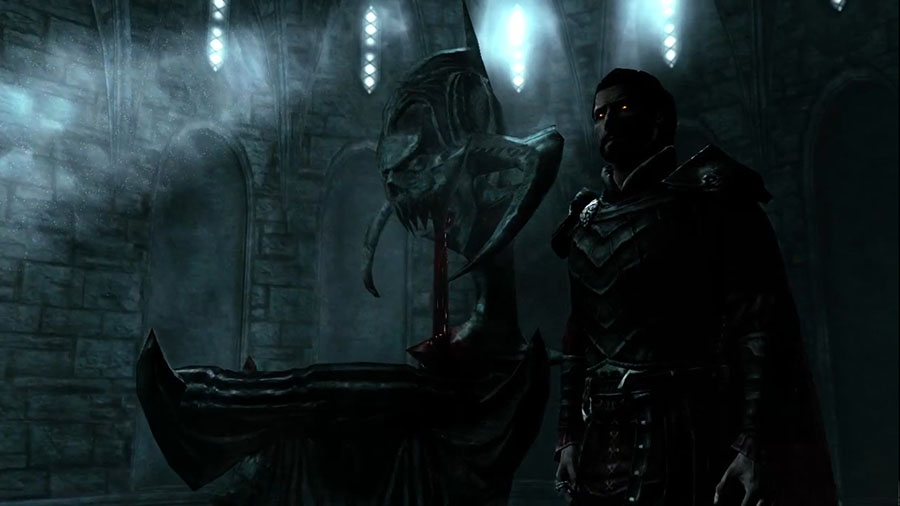
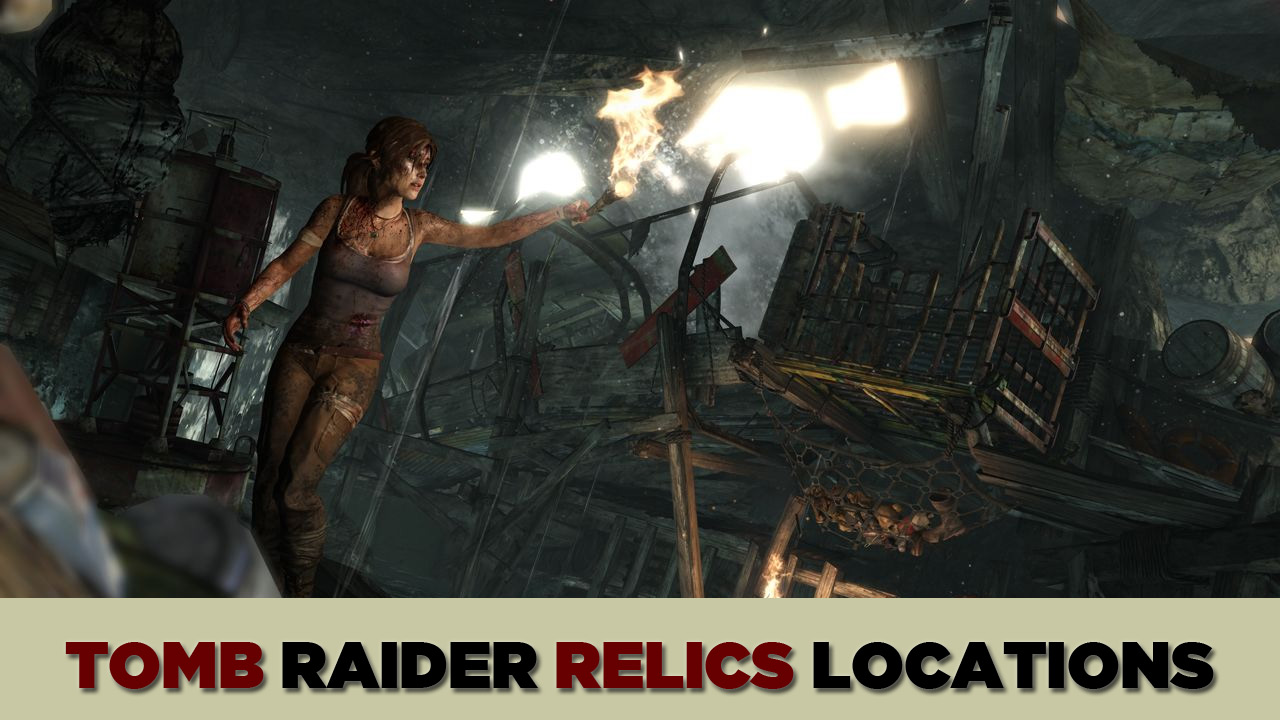
 Sleeping Dogs Listening In Mission Walkthrough - GamersHeroes
Sleeping Dogs Listening In Mission Walkthrough - GamersHeroes Julian Gerighty on The Crew
Julian Gerighty on The Crew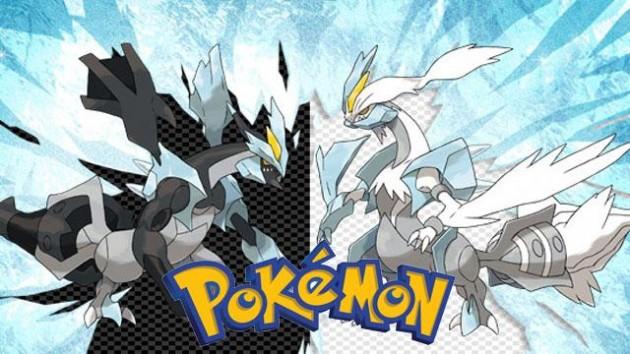 Pokemon Black 2 & White 2 Guide: Virbank City Gym Guide
Pokemon Black 2 & White 2 Guide: Virbank City Gym Guide 5 Quality Multiplayer Games With Low System Requirements
5 Quality Multiplayer Games With Low System Requirements Walkthrough Cradle
Walkthrough Cradle